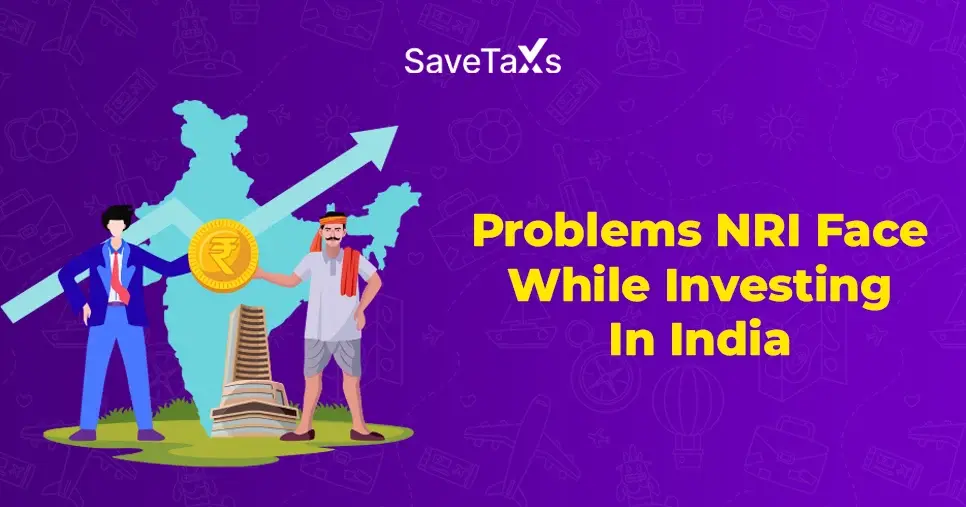
Want to read more?Explore Blogs
No matter what your source of income is, we've got you covered. There’s a plan for everybody!
With respect to the Internal Revenue Service, Form 8621 is used by U.S. taxpayers to report their shares in passive foreign investment companies.
The PFIC tax is a highly disciplinary US tax regime applied to investments made in Passive Foreign Investment Companies, such as foreign-based mutual funds or FTFs.
As high as 40%.
If you hold shares of PFIC, you may not have to file Form 8621 with the IRS each year for each PFIC investment.
By now, there is no such direct monetary penalty associated with failing to file for 8621.
Yes, NRIs living in Kuwait must file an Income Tax Return (ITR) in India if they generate any taxable income from India, such as:
If NRIs receive only a salary in Kuwait and have no taxable income in India, ITR filing is generally not required; however, it may still be advisable in some cases.
India and Kuwait have a double tax avoidance agreement ( DTAA ). This agreement ensures that an NRI is not taxed on the same income twice.
The India-Kuwait DTAA
Now that Kuwait does not levy any personal income tax on salaries, the DTAA mainly helps in tax compliance and classification rather than claiming a tax credit.
No, salary earned in Kuwait is not taxable in India if your residential status in India under the Income Tax Act is that of an NRI.
Your Kuwait salary will only be taxable in India under certain conditions
But for NRIs working and residing in Kuwait, foreign salary income is not taxable in India.
The taxability of bank interest for NRIs in Kuwait is as follows.
Yes, as an NRI, to file your income tax return, you need a valid PAN card to file an income tax return in India from Kuwait.
You need a PAN for the following purposes.
Additionally, if you do not have a PAN, you must apply for it before filing your return.
Yes, NRIs residing in Kuwait can file their indian income tax return completely online without ever visiting India.
Online filing of the return includes.